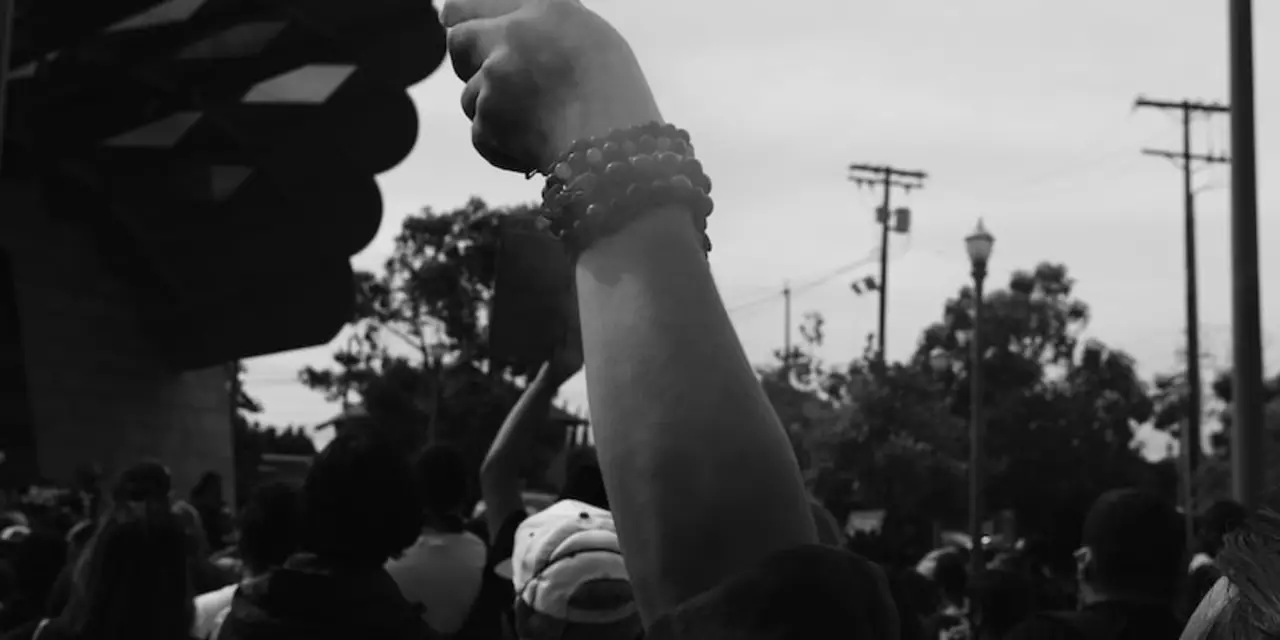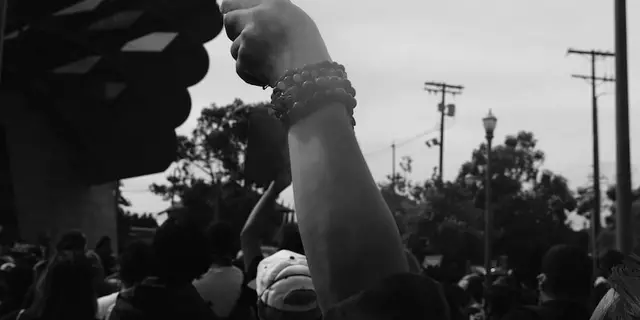George Davis was a civil rights activist and leader in the African-American community in the mid-20th century. He was born in Birmingham, Alabama, and moved to Chicago as a young man. He became an advocate for civil rights, freedom, and justice during the Civil Rights Movement of the 1960s. He was a leader in the Chicago chapter of the NAACP, and he worked closely with other civil rights leaders, including Martin Luther King Jr. and Ralph Abernathy.
Davis was a strong proponent of non-violence and peaceful protest, believing that peaceful protest was the only way to achieve true civil rights. He was also a vocal critic of police brutality, and he organized numerous protests and demonstrations against the use of excessive force by police in the African-American community. He was arrested on several occasions for his civil rights activism, but he never wavered in his commitment to the cause.
Davis was also a leader within the Chicago African-American community, and he helped to organize rallies and protests in support of civil rights. He was also active in education reform, and he was an advocate for the desegregation of schools. He believed that education was the key to achieving true equality, and he worked hard to ensure that African-American students had access to quality education.
The legacy of George Davis is one of courage, commitment, and dedication to the cause of civil rights. He was a leader in the African-American community, and his efforts helped to bring about real change in the fight for equality. His work and sacrifice continue to be remembered and honored today.
George Davis was a prominent civil rights activist and leader in the 1960s and '70s who worked tirelessly to improve the lives of African Americans and other minority groups in the United States. He was a passionate and outspoken advocate for the rights of all people, and his work had a lasting impact on the civil rights movement.
Davis was born in 1938 in Montgomery, Alabama, and spent his youth in the city's segregated public schools. He was heavily influenced by Martin Luther King Jr. and other civil rights activists of the time, and became an active participant in the movement when he joined the Student Nonviolent Coordinating Committee (SNCC) in 1961. Davis' activism earned him national attention, and he was the first SNCC chairman to be invited to the White House to meet with President John F. Kennedy.
Davis was a vocal advocate for the rights of all people, including those of African Americans, Native Americans, and other minority groups. He organized rallies and protests against discriminatory laws and policies, and focused on voter registration and other efforts to empower minority communities. Davis was also an outspoken opponent of the Vietnam War, and he wrote several articles and gave speeches in opposition to the war.
Davis' activism had a lasting impact on the civil rights movement. He was a major figure in the push for civil rights legislation, and many of his ideas and initiatives were adopted by the movement. In addition, he helped popularize the concept of nonviolent civil disobedience, which has become an integral part of civil rights activism. His work has been widely recognized, and he was posthumously awarded the Presidential Medal of Freedom in 2008.
George Davis was an important figure in the civil rights movement and his contributions to the cause should not be forgotten. His activism and commitment to justice and equality helped shape the civil rights movement and set a powerful example for others to follow.

